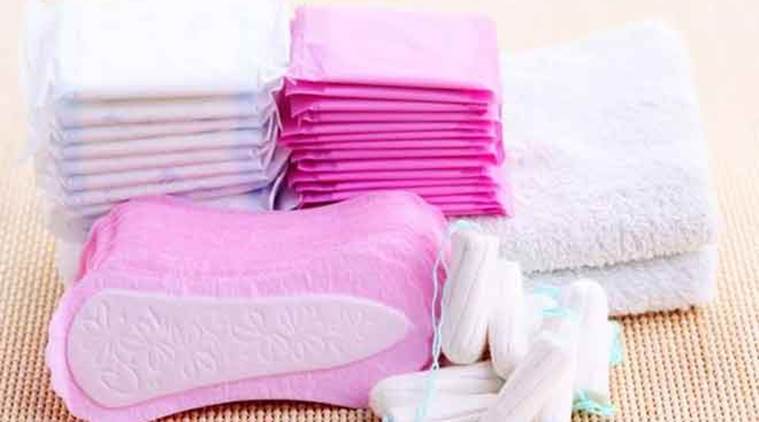Menstrual Hygiene Day: Puberty brings with it a whole new set of physical and emotional changes among teenagers. Menstruation is just not a women’s issue, but a social issue.

By Divyang Waghela
“I thought I was going to die.” This was Rageshwari’s (name changed) reaction to her first menstrual period, when she was 15. She was too embarrassed and too afraid to mention it even to her mother, who had been equally tongue-tied to broach a discussion with her. Her reaction, while extreme, is not surprising. Menstruation, experienced by roughly half of the world’s population, is still a dirty secret in countries all over the world. This has resulted in girls resorting to unhygienic methods to stop the bleeding, in order to avoid being shamed and stigmatised. Furthermore, many young women learn about menstruation only when they start bleeding. This has been substantiated by numerous studies conducted recently.
According to a Nielsen report, 70 per cent of participants were unprepared for their first menstrual period. A study conducted by Van Ejik et al states that 45 per cent women do not consider menstruation as normal; 77 per cent adolescent girls and women are unaware that the uterus is the source of bleeding. Another study by Dasra highlights, that 70 per cent of mothers consider menstruation as ‘dirty’; thereby, perpetuating a culture of silence.
Addressing the culture of silence
Menstruation is key to human existence, procreation being a very crucial part of life. On an average, a woman menstruates for eight years in her lifetime. During this time, in rural areas, she is treated like an untouchable, too impure to be living in her own house. While the story may be slightly different in urban areas, the lack of knowledge and awareness of menstruation has led many women, regardless of their socio-economic status, to believe they are alone in their suffering. Through this perpetuation of silence, many feel ashamed due to a lack of knowledge that it is a normal, biological function. The repercussions are far worse. Not only is a girl’s health and dignity at stake, it affects their schooling as well. More girls drop out of school when they reach puberty. This has far-reaching consequences on social development.
The key to overcoming these age-old taboos is through education and an open dialogue. The knowledge of why menstruation happens, and what to do while menstruating, helps remove the fear and shame associated with this natural phenomenon. It also makes adolescent girls and young women aware of their own bodies and menstrual health, allowing them to practice correct menstrual hygiene behaviours. It empowers them to see menstruation for the natural experience that it is.
Not just a women’s issue
Puberty brings with it a whole new set of physical and emotional changes among teenagers. These changes require them to be prepared and inculcate a sense of confidence while dealing with the real world outside of the walls of their homes. This sense of confidence can be honed if parents take the onus of making their children aware of this issue early on, and understand that menstruation is just not a women’s issue; it is a social issue. It is equally crucial that young boys, and men, understand the natural physiological process of menstruation, and provide a supportive socio-cultural environment for their mothers, daughters, and sisters. This small support helps in providing adolescent girls and women with the right means to manage their menses.
The role of parents
Through generations, the silence linked with sexuality has resulted in creating various myths and misconceptions. This silence acts as a barrier for parents to address the disquiet of their growing children. But if parents avoid discussing it altogether, they risk causing undue stress, and maybe even make children believe there is something wrong with them. Topics such as enlargement of breasts, managing menses hygienically, to nightfall and morning erections with boys, are still considered taboo. It is important for parents to disseminate adequate information at the right time to ensure menstrual hygiene and overall well-being of their children.
The silence around the subject needs to be broken, and there is a strong need to empower girls and women to ask questions around taboos and understand the rationale behind age-old habits. Equally important is the need to educate children, and make them feel comfortable, so that the subject of menstruation is up for discussion.
(The writer is Head–Tata Water Mission, Tata Trusts.)
Source: Read Full Article
